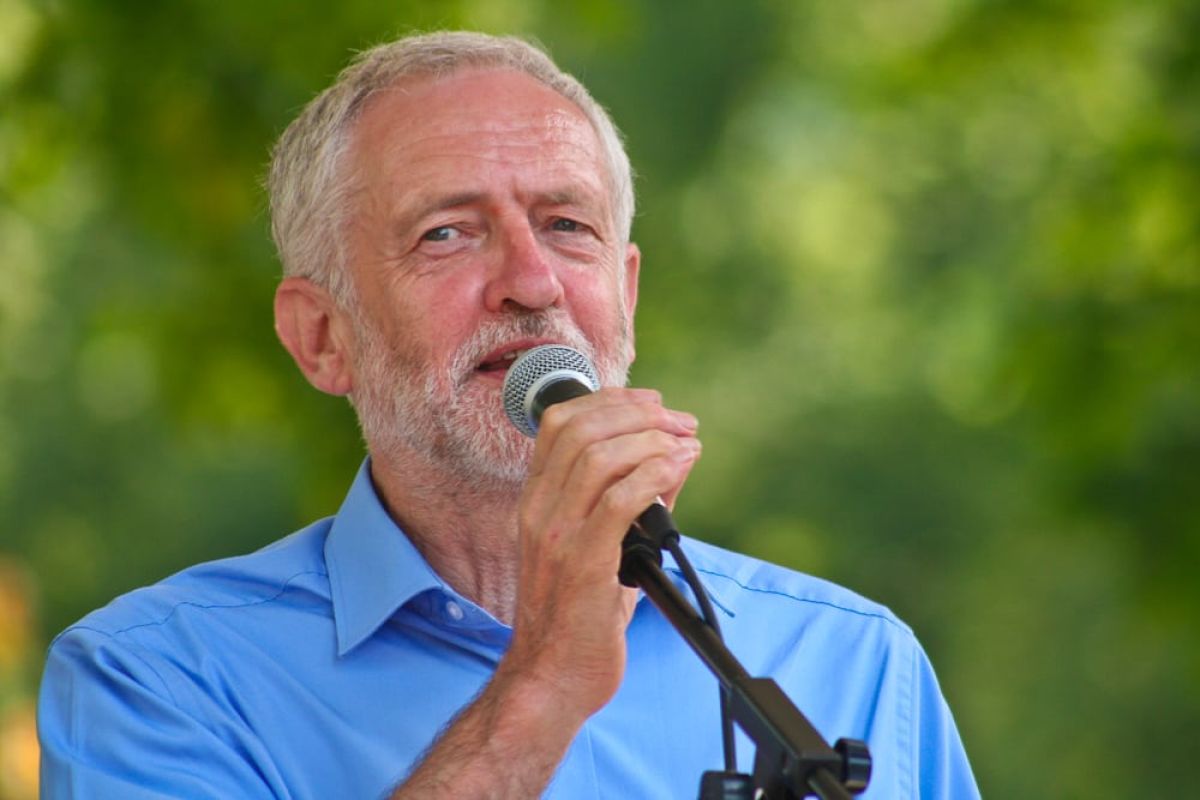The leader of the opposition was assaulted. That’s worrying.
By matthewgold

In early March, Jeremy Corbyn was assaulted. He didn’t end up in hospital, he didn’t need stitches, but he was unmistakably assaulted. I find this very worrying, especially the reaction (or lack thereof) to the situation.
It is worrying for two separate reasons. The first is the level of hatred and animosity that is clearly festering in the UK right now. I have no way to tell if this is the most divided we have ever been, but there is an unmistakable schism running through the country.
When the leader of the opposition, democratically elected to lead his party by hundreds of thousands of Labour members not once, but twice, is presented as an ‘enemy of the people’, then it is not surprising to see hatred and direct action taken against him. We know and expect that not all news sources are going to agree with him, but constructing him as a direct threat to the country is beyond far-fetched.
Lest we forget when hatred and animosity reaches its worst extreme if allowed to grow and remain unchecked. In 2016 MP Jo Cox was murdered in Britain by a man that disagreed with her politically. He had been convinced by far right ideology; sold a lie that an MP, doing what she thought was best for the country, was an enemy of the people.
This leads to my second reason for worry; the minimal reaction to the whole incident. We are living in times of anxiety, anger, and hate. Corbyn has been projected as a threat to the country. People seem to have actually forgotten what happened to Jo Cox when thinking about this case because “it was only an egg”.
I don’t see it that way, I see the leader of the opposition assaulted on the street, whilst attempting to honour ‘Visit My Mosque Day’ in his constituency. My fear is that in the same way that Corbyn is being portrayed as an enemy, just like Jo Cox was. Although perhaps not to the same extremes, it is still a poisonous rhetoric.
Incidentally, this particular Mosque was targeted by a far-right terror attack in 2017; yet more evidence of violence being committed against groups that are falsely projected as threats to the UK.
Tory MP James Cleverly thought it more important to try and get one over on left-wing commentators by tweeting a gif that read ‘boom’, as opposed to condemning the assault. That’s very revealing of the mentality that is spreading across the country, even to Parliament.
Initial reporting suggests that the assault was motivated by the Labour switch to backing a second referendum. Portraying political leaders as a direct threat to the country, especially for taking fully legitimate political positions, is something that must be ended in this country. The risk of not doing so is too grave.
Britain is meant to be a country of democracy, choice, voting, equality, and rights for all in the 21st Century. We do not do politics through force. It’s time that we get back to a place where legitimate opinions can be debated without fear of the consequences.







